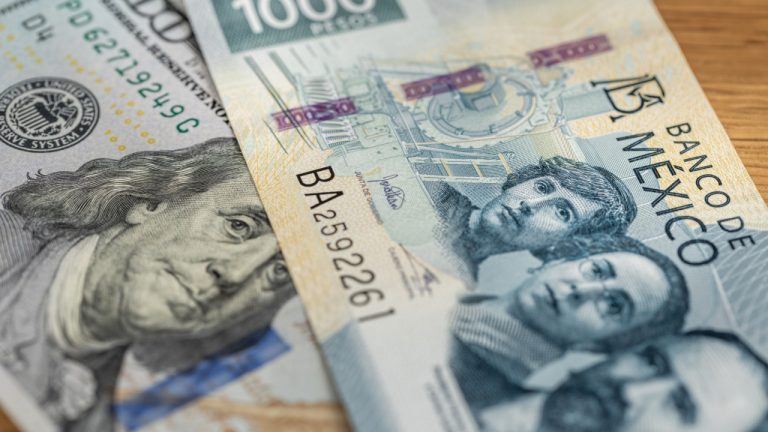
Ex-Alameda CEO Caroline Ellison pushes for no prison sentence in FTX role
Key Takeaways
- Caroline Ellison requests no prison time, citing cooperation and testimony in FTX case.
- Ellison revealed Bankman-Fried’s instructions for misleading investors and risky investments.
Share this article
Caroline Ellison, former CEO of Alameda Research, is requesting to avoid prison time for her involvement in the FTX collapse.
As reported by Bloomberg, her lawyers filed a memo to a Manhattan federal judge, citing her “immediate and complete acceptance of responsibility” and “extraordinarily impactful cooperation” as grounds for leniency.
Ellison, who testified for three days as a government witness in Sam Bankman-Fried’s fraud trial, was one of four top FTX figures to plead guilty to criminal offenses.
Her testimony was crucial, revealing how Bankman-Fried instructed her to create misleading balance sheets for investors and make risky investments using customer funds.
“Caroline poses no risk of recidivism and presents no threat to public safety,” her attorneys stated in the memo.
This request comes after Bankman-Fried, FTX’s co-founder, received a 25-year prison sentence. Another former executive, Ryan Salame, was sentenced to 7.5 years in prison but, unlike Ellison, did not sign a cooperation agreement or testify at the trial.
Ellison’s cooperation, along with that of Nishad Singh and Gary Wang, stands in contrast to Salame’s case, potentially influencing the court’s decision on her sentencing.
Almost fully covered
The former Alameda CEO was hit with charges related to money laundering, wire fraud, securities fraud, commodities fraud, and conspiracy to commit those actions, which will result in up to 110 years in prison.
However, Ellison reached a plea deal with prosecutors from the Southern District of New York (SDNY) on December 18, 2022. Her deal consisted of speaking the truth in exchange for not being prosecuted criminally by the US Attorney’s Office for the SDNY.
Notably, the former Alameda executive is not off the hook for criminal tax violations and might still be prosecuted for those offenses.
Share this article
Go to Source
Author: Gino Matos









